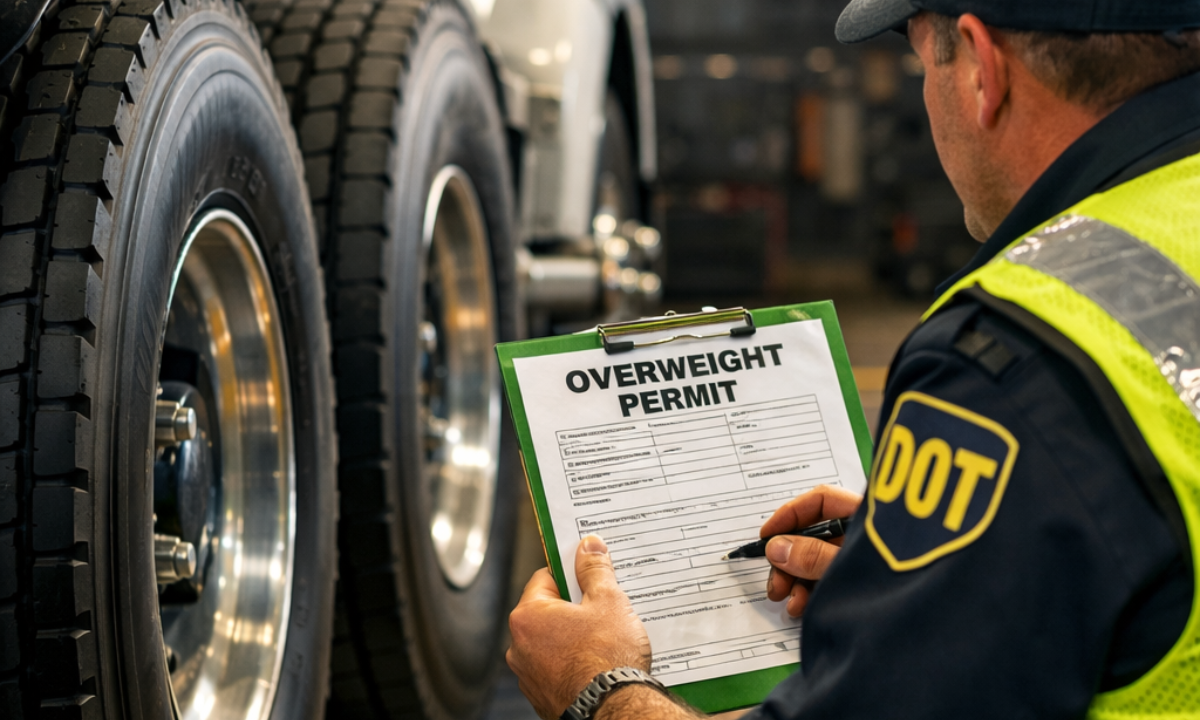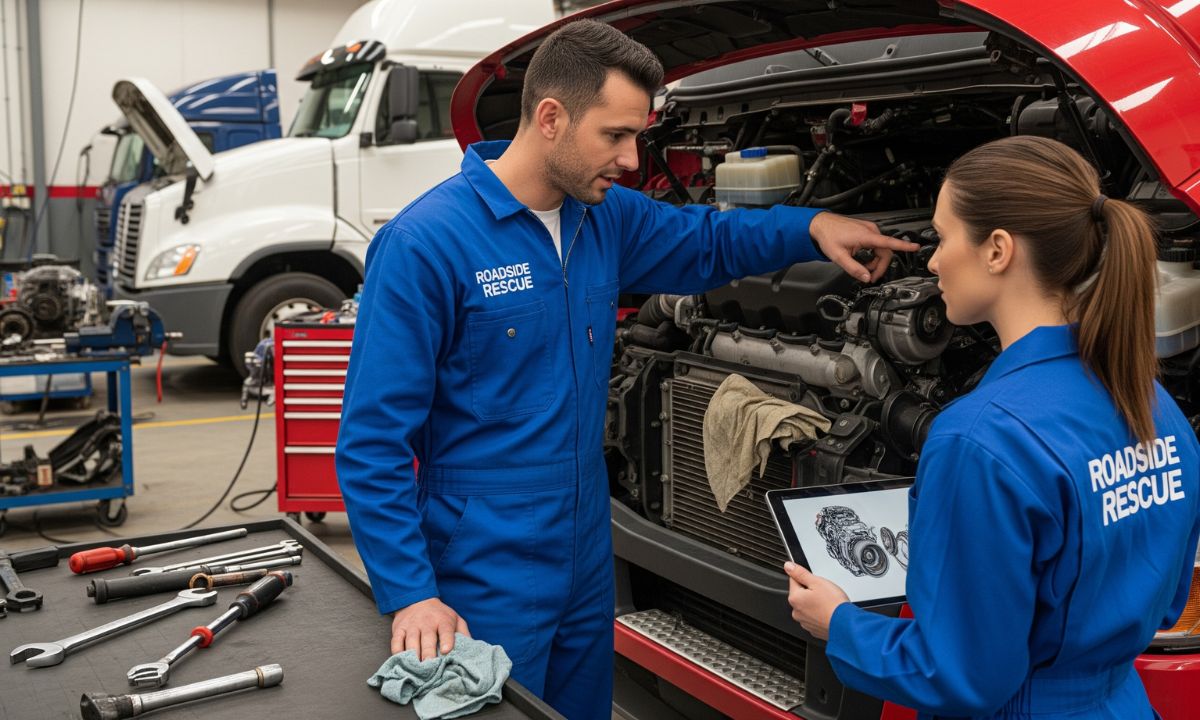Top Basic Truck Maintenance Tips for Engine Understanding
Why Engine Maintenance is Important for Truck Drivers
A well-maintained truck engine guarantees fuel efficiency, performance reliability, and a long life. Regular checks keep your vehicle from unexpected breakdowns in addition to reduced maintenance costs. It also ensures compliance with DOT regulations. Preventive maintenance saves cargo delivery schedules and safety of the driver.
Engine Oil and Filters
Scheduled service intervals should be observed for each oil change. Engine oil change lubricates internal engine components, minimizes friction, and prevents overheating. Oil filters of high quality ensure that contaminants are removed, protecting pistons, valves, and other internal engine parts from early damage.
Cooling Maintenance System
A working cooling system keeps the engine from being overheated in the course of long haul travel. Check coolant levels, feel radiator hoses for cracks, and flush systems according to a service schedule. Overheating can lead to head gasket failure, which would cost a lot to repair.
Air Filter Check-up and Replacement
Clean air filters enable the maximum air intake into the engine, enhancing combustion and fuel efficiency. A clogged air filter could directly affect horsepower as well as fuel utilization. Filters must therefore be inspected regularly and replaced with clean ones when dirty or damaged.
Battery and Electrical Systems Checking
Observe battery terminal for corrosion, while making sure that all connections are tight. A weak battery is most likely to create starting problems and may even lead to malfunctioning of some electrical components, for instance, lighting, sensors, and communication systems. Routine checks prevent failures on the roadside.
Fuel System Maintenance
Good diesel fuel and frequent changes of the fuel filter eliminate blockages and protect fuel injectors from getting worn out. Systems of maintains a combustion efficacy with respect to improved engine responsiveness.
Inspection of Belts and Hoses
Worn or loose belts can affect alternator performance, cooling efficiency, and power steering. Belts and hoses will crack, fray, and leak, so check them and replace as needed before one fails on the road.
Use Technology by Predictive Maintenance
Modern telematics coupled with AI-based engine diagnostics should now provide real-time performance monitoring for any engine so that both drivers and fleet managers can detect the possible major faults before they escalate. This would make the maintenance process much cleaner, safer, and less downtime.
Disclaimer: The information provided in this blog post is for general informational purposes only. While we strive to keep the content accurate and up to date, we do not guarantee its completeness, reliability, or accuracy. Any actions you take based on this information are strictly at your own risk. We are not responsible for any losses, damages, or inconveniences that may arise from the use of this blog.












